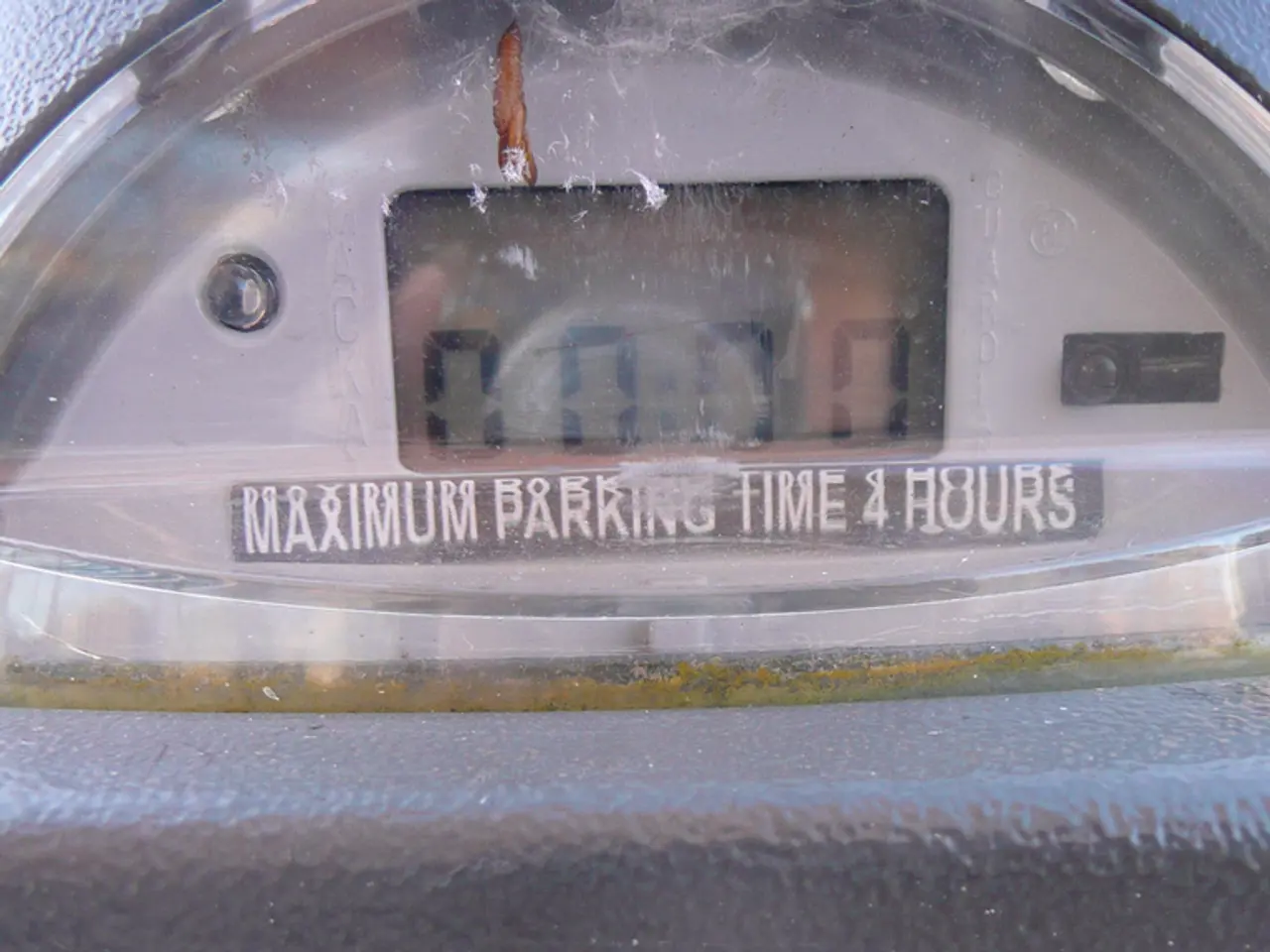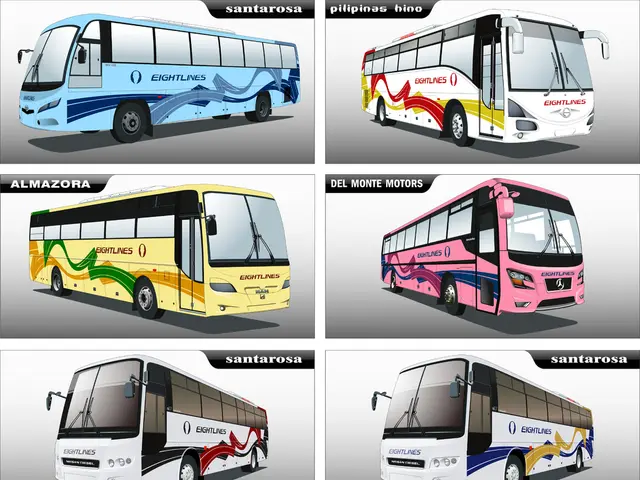Vancouver's ride-hailing legislation, requiring companies to pay fees, is invalidated by the B.C. court.
The B.C. Supreme Court has declared a controversial bylaw by the City of Vancouver invalid, finding it unreasonable for the city to regulate ride-hailing services in a manner that contradicts its governing legislation. The ruling has significant implications for other cities in British Columbia that have similar bylaws regulating ride-hailing services.
The bylaw in question, passed by the City of Vancouver, imposed a fee on ride-hailing companies operating on city streets during peak hours. The bylaw prevented ride-share vehicles from picking up or dropping off passengers in the Metro Vancouver core between 7 a.m. and 10 p.m. unless they had a congestion and curbside management permit. Uber Canada took the city to court over the bylaw, claiming it overstepped a municipal government's power to regulate ride-hailing services.
The court ruling states that the province made the changes to eliminate regulatory overlap in the ride-hailing industry. In 2019, the provincial government made the Passenger Transportation Board the centralized authority to regulate ride-hailing in British Columbia. The court found that the city's bylaw was inconsistent with the province’s legislation and its stated intent to reduce traffic congestion could not justify overriding the provincial regulatory framework.
The ruling does not address the issue of the fee itself. It focuses on the city's regulatory authority and reiterates that there is no rational pathway for the city to claim it didn't intend to regulate the number of ride-sharing vehicles with the bylaw, as its stated intention was to reduce traffic congestion.
The transportation minister at the time had previously stated that regulatory overlap had "plagued the passenger directed vehicle industry for years." The city has acknowledged the decision and said it will consider next steps, while Uber did not immediately respond to a request for comment on the ruling. The city has stated that it respects the judicial process and will take the time necessary to consider next steps regarding the ruling.
The ruling could have implications for other cities in British Columbia that have similar bylaws regulating ride-hailing services. It reinforces the provincial government's centralized authority to regulate ride-hailing, as established in 2019. The City of Vancouver has not indicated any plans to appeal the ruling.
[1] https://www.cbc.ca/news/canada/british-columbia/vancouver-ride-hail-bylaw-invalidated-1.5981969 [2] https://www.theglobeandmail.com/canada/british-columbia/article-vancouver-ride-hail-bylaw-invalidated-by-b-c-supreme-court/ [3] https://globalnews.ca/news/8448192/vancouver-ride-hail-bylaw-invalidated-by-b-c-supreme-court/ [4] https://www.ctvnews.ca/polopoly_fs/1.5443825.1598199919!/httpImage/image.jpg_gen/derivatives/landscape_800/image.jpg [5] https://www.cbc.ca/news/canada/british-columbia/vancouver-ride-hail-bylaw-invalidated-1.5981969
- The court ruling in Vancouver, Canada, has set a precedent that may impact government regulations in the transportation industry, particularly those governing ride-hailing services, in other cities within the province.
- The city of Toronto, like other cities in British Columbia, may need to reconsider their regulations for ride-hailing services following the invalidation of Vancouver's bylaw, as the ruling reinforces the provincial government's centralized authority over the ride-hailing industry.
- The Financial implications of the ruling on ride-hailing companies operating in Vancouver, such as Uber Canada, could be significant, given the city's fee on ride-hailing services during peak hours was a contentious point in the legal challenge.
- In light of the court ruling, the Canadian media will likely scrutinize the regulatory frameworks of various industries, such as finance, to ensure consistency and avoid regulatory overlap, asthe Passenger Transportation Board in British Columbia is now the centralized authority regulating ride-hailing services.




